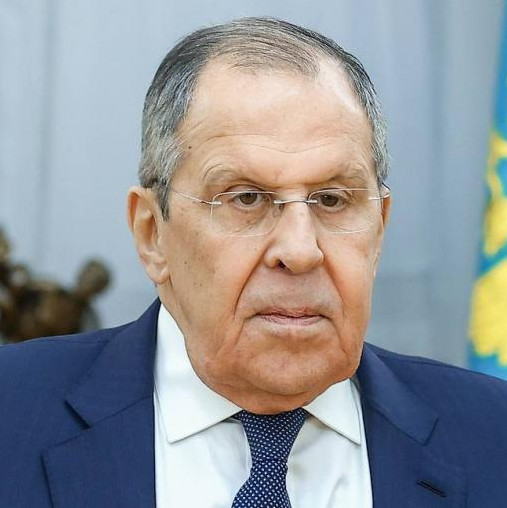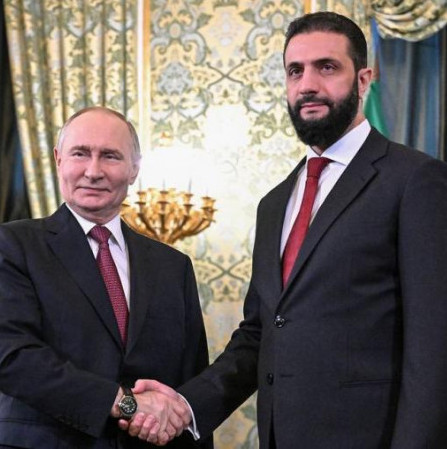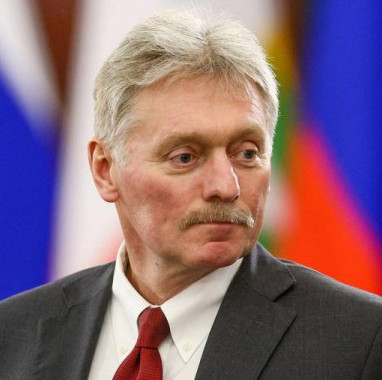
A profile deterioration of the situation is again observed in the south of Syria caused by a conflict between local residents of the as-Suwayda province and soldiers of the Syrian army's 5th brigade stationed in the neighboring Deraa governorate. The incident is related to a mutual hostage-taking next to the administrative border of both provinces and the subsequent armed clashes between the military and popular self-protection forces.
The spiritual and political leaders of the Druze community in as-Suwayda addressed representatives of the Russian Reconciliation Center for Syria with an urgent request to settle relations with the brigade command.
It should be noted that such cases are far from being isolated, including due to ongoing tensions between denominations. The Deraa governorate is mainly populated by Sunni Muslims, while most residents of al-Suwayda are Syrian Druze.
Deraa is considered the place where the so-called "Arab revolution" started in 2011 and where the first opposition detachments were formed from among the government army fugitives. For a long period of time, armed formations of the Islamic State (ISIL, a Muslim terrorist group banned in Russia) were based in the province, with underground cells preserved here.
As for the province of as-Suwayda, after 2011 the local population has not welcomed the appearance of armed Sunni opposition units in the area, and much more the ISIL bands to replace them in 2013.
After the defeat of terrorists in August 2018 and the restoration of lawful authorities in the region, Druze community leaders asked Russia and Syria to create a national self-defense force in as-Suwayda to act in coordination with the Deraa-located mission of the Russian Reconciliation Center for Syria. Druze leaders promised to independently ensure safety of the province's population, catch troublemakers, deliver terrorist groups up to justice or destroy them.
Russian advisers, making allowance for the military operation conducted in the summer of 2018, contribute massively to the involvement of former Syrian opposition fighters in that country's affairs, having achieved amnesty and a termination of proceedings against many of them. By request of authoritative Sunni leaders, the Syrian air force command withdrew the troops involved in the operation from the provinces and brought most of the Shiite militias away from the administrative borders. At the same time, former field commanders addressed the Russian representatives with an initiative to form a special infantry brigade under the auspices of the Russian armed forces from among the personnel serving in the country's south to become part of the Syrian regular army.
The unit was named the 5th brigade, whose personnel are not involved in combat operations in other areas of Syria but performs security missions in the province of Deraa and at the state border with Jordan. Moreover, the training center created in association with Russian officers provides primary and special training for the Syrian military personnel. The brigade headquarters is located in the city of Bosra.
Along with that, the major adversary of all the security structures created in the region are the "sleeping" cells of diehard ISIL militants, usually consisting of legitimized representatives of the local Sunni population. These individuals were able to escape legal justice in 2018 only due to the difficult situation the country's northwest faced back in those days, as well as to the government's interest in appeasing the population of the south in every way possible.
However, everyone clearly understands that the region is gradually developing a hair-trigger situation fueled from outside, primarily from the US-controlled at-Tanf zone, from where small groups of terrorists are persistently seeping into as- Suwayda and Deraa. Without sufficient capabilities to completely neutralize the subversive and terrorist activities of ISIL followers, the Syrian army command is forced to rely on local forces and peacekeeping efforts by the Russian military.
Since June 2019, terrorists have committed more than 384 crimes associated with detonated mines and shooting attacks, kidnapping and murdering local government officials, military representatives and members of people's self-protection units. During this period, 229 people were killed, including 49 civilians, 118 members of the government army and self-protection volunteers. The death toll includes 41 militants who defected to the government (including several field commanders), 17 members of the Lebanese Hezbollah and Iran's RGC, as well as six officers of the 5th brigade of the Syrian armed force.
Most likely, representatives of the Russian Reconciliation Center for Syria are closely monitoring the situation in the south; and after the Idlib terrorist enclave is neutralized, the Syrian command will start purging the area from survival terrorist groups in southeastern Syria and annihilating underground resistance in the governorates of as-Suwayda, Deraa and Damascus.


